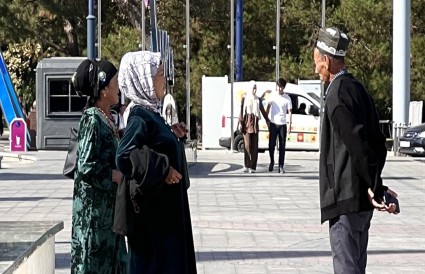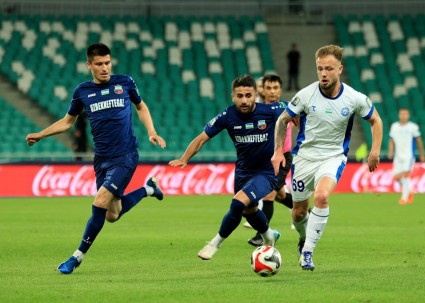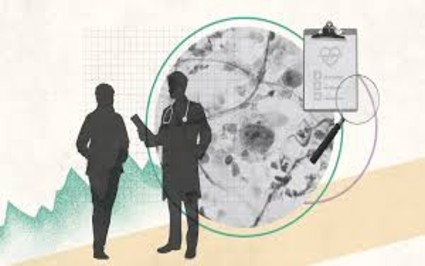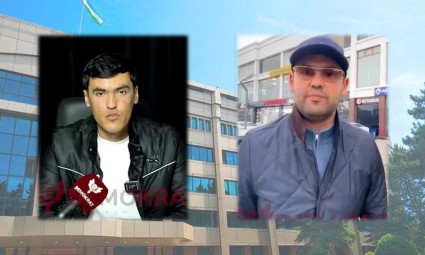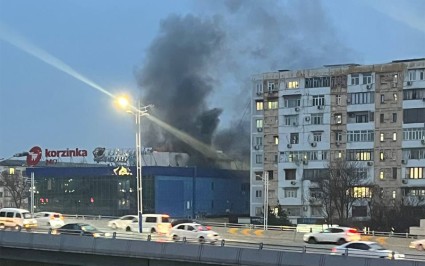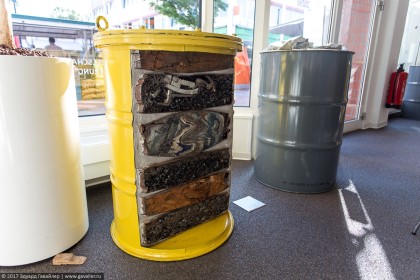A WTO Secretariat team, led by Deputy Director-General Zhang Xiangchen, visited Tashkent from 26 to 30 October for a series of meetings concerning Uzbekistan’s bid for WTO membership.
High-level discussions were held with Sardor Umurzakov, Deputy Prime Minister and Minister of Investment and Foreign Trade, and Badriddin Abidov, Deputy Minister of Investment and Foreign Trade and Chief Negotiator for WTO Accession, to review the state of play and next steps in Uzbekistan’s WTO accession process. The team also took part in two round tables with the business community and academia.
DDG Zhang commended the Uzbek Government for pursuing an ambitious domestic reform agenda and its efforts to use the accession process as part of its development strategy. He compared the WTO accession process to a philosopher's stone which could be turned into gold if used properly for modernising the economy. Uzbekistan's accession process enjoys broad support from the international community and all elements are now in place to hold the next cycle of Working Party meetings envisaged for mid-December, added DDG Zhang.
Mr. Umurzakov reiterated his Government's firm commitment to WTO accession, which continues to be an absolute policy priority and an integral part of the wide-ranging reform agenda set by President-elect Shavkat Mirziyovev. WTO accession will be specifically mainstreamed into the Government's upcoming 2022-2026 strategy in an effort to accelerate accession negotiations. The Uzbek authorities stressed their determination to create the most favourable conditions for trade and investment, with a view to further integrating the “new Uzbekistan” into the global economy and addressing transport and connectivity bottlenecks exacerbated by the COVID-19 pandemic. Mr. Umurzakov also noted that Uzbekistan remains a firm believer in the multilateral trading system and looks forward to a successful 12th WTO Ministerial Conference (MC12).
Productive discussions were held with Uzbekistan's negotiating team led by Mr. Abidov on a wide range of accession issues, including process and documentation. The negotiating team comprised representatives of ministries and state agencies, including the Ministries of Agriculture and Finance, the State Customs Committee, the Agency for Technical Regulation, the State Committee on Veterinary and Livestock Development, the Agency for Plant Protection and Quarantine and the Intellectual Property Agency. DDG Zhang noted that, while being a marathon in itself, WTO accession requires teamwork and collaboration between state bodies. He praised the Uzbek authorities for their commitment to fulfil this historical responsibility.
The WTO Secretariat, jointly with the Ministry of Investment and Foreign Trade (MIFT) and the United Nations Development Programme (UNDP), organised round tables on the impact of WTO accession on the business community and on the role of research and academic institutions in the accession process. Both round tables featured experience-sharing sessions where DDG Zhang offered insights drawing on his personal experience. Noting that that the benefits of trade liberalization generally outweigh the associated disadvantages for the private sector, he emphasized that China's accession to the WTO 20 years ago provided vast opportunities for Chinese entrepreneurs as a result of red tape reduction, including in the areas of trading rights and import licensing.
Speaking at the round table with academia, DDG Zhang underlined their key role in the accession process and emphasized the importance of dynamic interaction between the government, business and scholars. He outlined five concrete contributions of academic institutions to the accession process: analysis of the pros and cons of WTO accession; participation in policy decision-making and tactics; assistance to the private sector in adapting to the post-accession environment; assistance to people in understanding the implications of WTO accession; and conducting forward-looking research and producing relevant recommendations to the Government. Round table participants agreed to establish a national WTO academic network, with the aim of enhancing accession-related research and training, while ensuring a unified platform and a systematic approach to WTO matters.
The Secretariat visit was wrapped up with consultations with the MIFT technical team to discuss practical aspects of the next Accession Working Party cycle of meetings envisaged for mid- December. This cycle will include the first plurilateral meeting on agriculture, the 5th meeting of the Working Party on the Accession of Uzbekistan, and a series of bilateral market access negotiations with interested members. The Uzbek team affirmed its intention to accelerate the accession negotiations, including by making the most of consultations on the margins of MC12 in Geneva.


